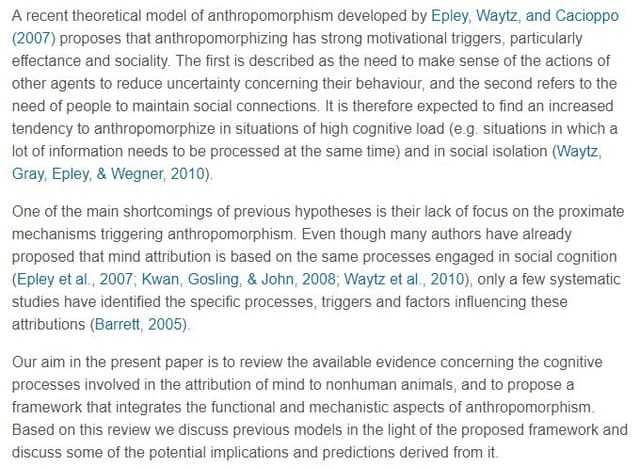🧵 View Thread
🧵 Thread (9 tweets)

I'd be curious what my side of twitter might suggest?I've been struggling with terminology myself as a lot of the research I get into suggest that many conditions are spectrum-adjacent https://t.co/16UFgXiYxA with many links between genes, traits, and even brain development. https://t.co/sWhLWeRD6z

These kinds of terms are thrown as slurs, but also used within various support groups as commisiatory ribbing. It also biases along a cultural affect - 'sperglord' being more common among my European followers. Hard to disambiguate / avoid offensive version.

I attract high-systematizing high-decoupling types who struggle within social realm even among those who aren't 'on the spectrum'. A more universal term for this way of thinking/being that doesn't include baggage of auxiliary autistic traits would be useful.

I'm ontologically soft - my brain doesn't modeling culturally/social defined axis of meaning. Even when I have a strong ontology internally, my brain doesn't seem to care about arbitrary divides and I need to build rule-sets about expectations explicitly.https://t.co/psfCHye0qH

I like this, perhaps as 'socially ambivalent' (it doesn't entomb a sense of ableism).Tho it doesn't quite capture the nuances; it describes the person, not resulting behavior & attentional bias, which strikes me as more meaningful WRT the distinction. https://t.co/mxThMHz2t3

I know a bunch of autistic types who are knowledgeable in social rules, relationships, and various life events to a degree that I'd classify as obsessive. They still manifest with auxiliary autistic traits. I wouldn't classify as 'socially blind' / care about things over people.

@visakanv I think this is more common that collectively realized. There's some fascinating examples of children on the spectrum 'exercising' their social skills thru structured imitative play (aka, theater). Learning a second language/culture perhaps acts similarly. https://t.co/g2NFPYJStq

"In the current study, Ingersoll found that toddlers and preschoolers with autism who were taught imitation skills made more attempts to draw the examiner's attention to an object through gestures and eye contact, a key area of deficit in autism." Neathttps://t.co/gfTYpNn5qC

The allistic/autistic distinction doesn't seem to apply as they aren't 'normies', they still present as autistic (one literally is diagnosed), but they aren't a decoupler/systemitizer. They seem to lack this cognitive feature: https://t.co/bQpLJehrE5
